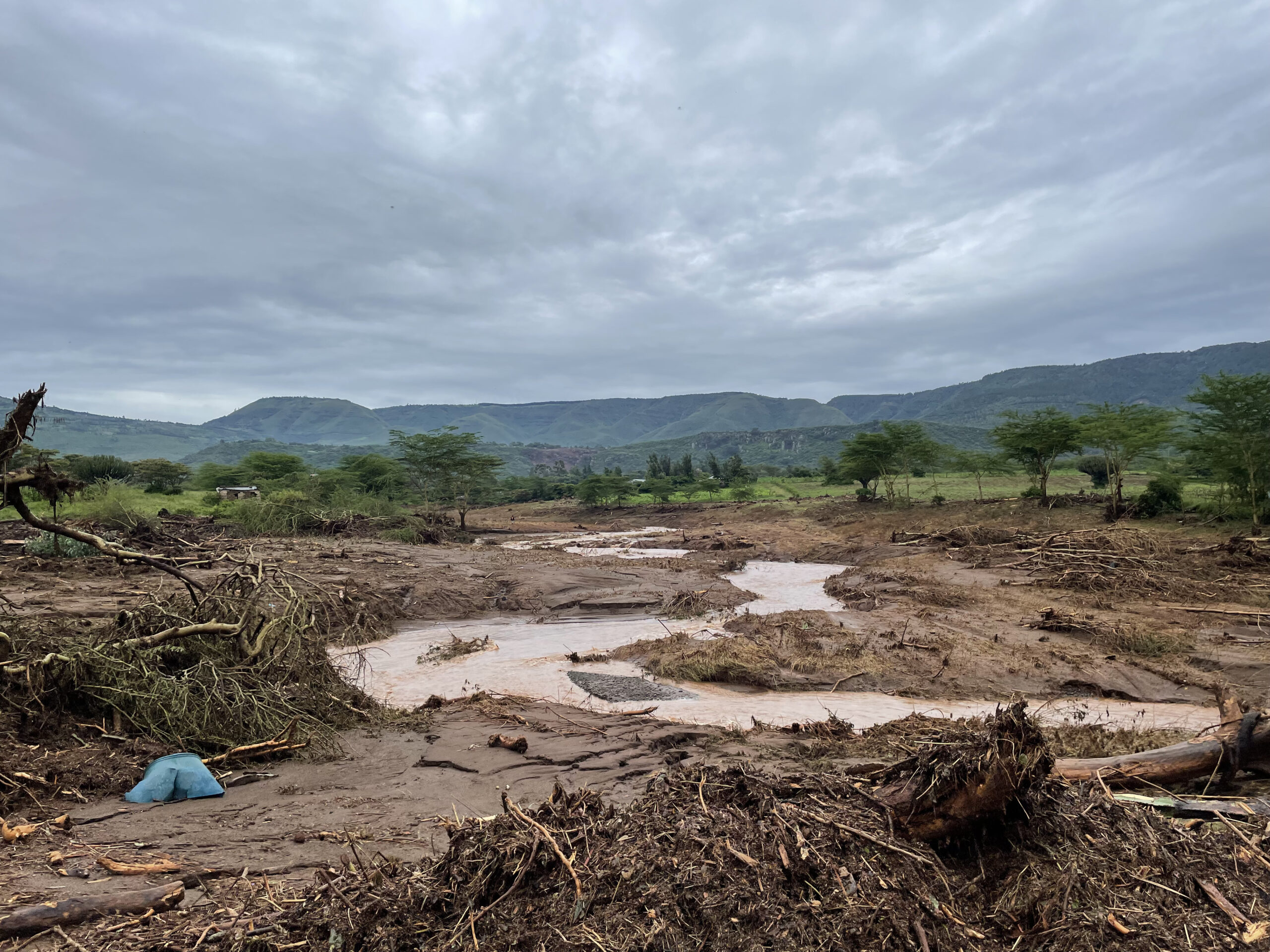
Aligning with Kunming-Montreal Global Biodiversity Framework » Capital News
Climate change and its associated impacts, such as drought, pose significant challenges globally. In Kenya, weak institutions and governance systems struggle with mounting pressures from population growth, inadequate infrastructure, and diminishing natural resources. One viable approach to address these challenges is through tree planting initiatives, which can enhance ecological resilience and mitigate climate change impacts. This aligns with the Kunming-Montreal Global Biodiversity Framework, aimed at biodiversity conservation and sustainable development.
As we confront this urgent crisis, there is a pressing need for immediate, coordinated action to mitigate drought and promote sustainable development. In January 2023 alone, numerous reports highlighted the tragic consequences of ongoing drought, with widespread cases of animal deaths and human starvation. These dire conditions underscore the urgent need for innovative solutions. One promising avenue is the large-scale planting of trees, which can significantly increase land under forestry, enhance soil moisture retention, and contribute to overall climate resilience.
The Broader Impact on Sustainable Development
The interconnected nature of food security, livelihood, and natural resource management is a core principle of the 2030 Agenda for Sustainable Development. Addressing the drought crisis through reforestation efforts can help create a more coherent and integrated approach to sustainability across all agricultural sectors and food systems. This holistic perspective is essential for building resilience against climate-related shocks and ensuring long-term food security.
Drought has particularly severe implications for counties like Garissa, Samburu, Turkana, Tana River, Kwale, Makueni, Tharaka Nithi, and West Pokot. In these areas, malnutrition rates are alarmingly high due to the compounded effects of drought and limited agricultural productivity. By aligning with the Kunming-Montreal Global Biodiversity Framework, Kenya can leverage international support and best practices to enhance local resilience and improve the quality of life for its most vulnerable populations.
Planting Trees as a Strategic Response
As a country, we are already on the right track. The government’s ambitious target to plant 15 billion trees by 2032 is commendable. If successful, this effort can be a game-changer in enhancing biodiversity, improving soil health, and ensuring sustainable water management. It is a proactive step towards achieving the Sustainable Development Goals (SDGs), particularly those related to climate action (SDG 13), life on land (SDG 15), and zero hunger (SDG 2).
Additionally, by establishing seed centers in drought-prone areas affected by deforestation, Kenya can ensure a steady supply of indigenous and drought-resistant tree species. This initiative can significantly boost forest cover, aiming for a nationwide increase of 15%. Engaging the entire civil service in this vigorous tree-planting campaign will not only enhance environmental sustainability but also foster a sense of national unity and purpose.
Adelaide Otieno Agola Is Nguvu Change Leader and Environmental Activist
